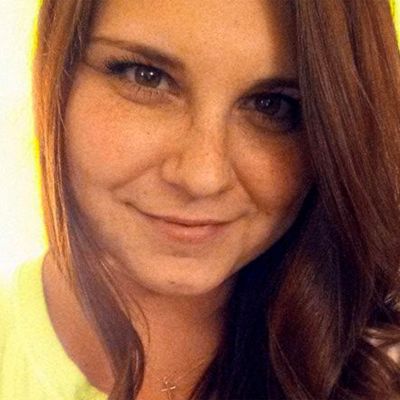
Before U.S. District Judge Michael Urbanski sentenced James Fields for killing Heather Heyer and injuring others, NBC News reports, Fields’s attorneys asked for leniency. “No amount of punishment imposed on James can repair the damage he caused to dozens of innocent people. But this Court should find that retribution has limits,” they wrote to the judge, asking for a sentence shorter than life in prison. Fields, they said, had mental health problems; his grandfather, who was Jewish, had murdered his wife, Fields’s grandmother. This had helped him become a white supremacist, and nudged him onto a path that ended with homicidal hate crimes at 2017’s Unite the Right rally.
Those arguments didn’t persuade Urbanski. By the time the judge handed down his sentence, NBC says that jurors had already learned that the 22-year-old Ohio man idolized Adolf Hitler, and that during a school trip to a concentration camp, he remarked “this is where the magic happened.” One of his high school teachers told the Cincinnati Enquirer not long after Fields’s arrest that as a high school student, he expressed views “very much along the party lines of the neo-Nazi movement.” Trauma didn’t place Fields’s hands on the wheels of his Dodge Challenger and force him to drive it into a crowd of protesters in 2017, and leniency isn’t something he showed to Heyer. Even after his arrest, he told his mother from jail that Heyer was a “communist,” an “anti-white, liberal. … It’s not up for questioning. She’s the enemy.”
Heyer, who was 33 at the time of her death, had taken to the streets of Charlottesville, Virginia to protest white supremacists like Fields. He was only one out of the hundreds of white supremacists who’d descended on the city – ostensibly to defend its Confederate statues, but also to show their muscle. The night before Fields killed Heyer, his compatriots marched through the grounds of the University of Virginia carrying tiki torches, chanting, “You will not replace us.”
But Fields’s crusade is at an end. He still faces state charges for the violence he committed in Charlottesville, which almost feels like a formality; Urbanski has ensured that he’ll never be able to leave prison. In court, Fields apologized for his actions. “I apologize for the hurt and loss I’ve caused,” he said, according to USA Today. “Every day I think about how things could have gone differently and how I regret my actions. I’m sorry.”
Heyer isn’t alive to accept or reject his apology. The last word, then, should go to her mother, Susan Bro. “I don’t want her death to be a focus for more hatred,” Bro told HuffPost not long after Heyer’s death. “I want her death to be a rallying cry for justice and equality and fairness and compassion. I’m very sorry that [Fields] chose that path because he has now ruined his life as well as robbed a great many of us of someone we love very much.”






























